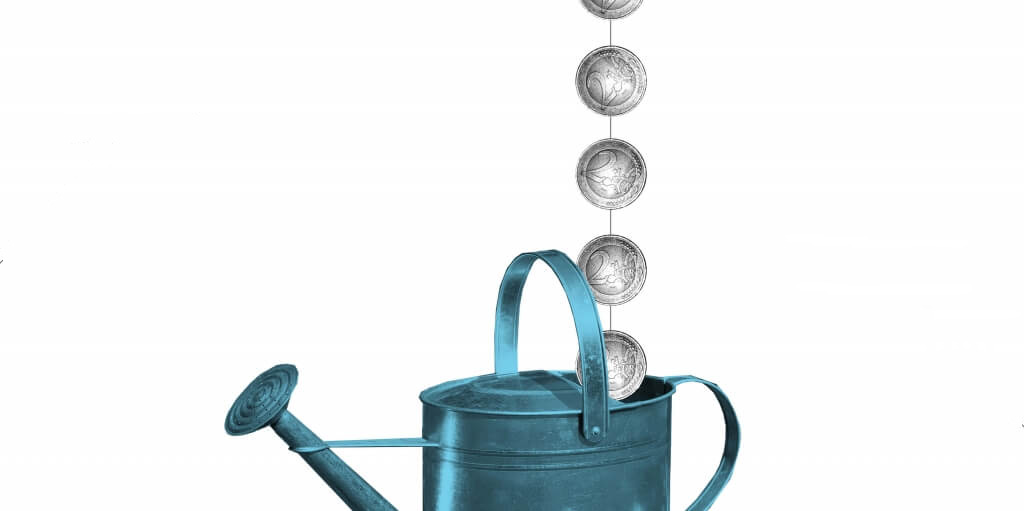The coronavirus and the actions taken by the government to limit the effects of the pandemic are dramatically shaking the Finnish economy, employment and well-being. The working paper published by Sitra proposes a series of measures that support recovery from the economic shock while at the same time promoting solutions for the ecological sustainability crisis.
Finland and the rest of the EU have already launched economic relief measures worth over a trillion euros, and many more measures will probably need to be taken in the future. According to Mari Pantsar, Director of the Carbon-neutral circular economy theme at Sitra, the choices we make once the immediate crisis has been defeated have a direct bearing on how we will be positioned to respond to global heating, the sixth mass extinction and the depletion of natural resources.
“Responding to the ecological sustainability crisis requires robust action and it cannot wait. This is why we should look at all economic reactivation measures from the perspective of long-term sustainability,” Pantsar says.
A sustainable recovery package will require thorough factual groundwork and far-reaching decisions. Therefore, the general debate on the package should be initiated without delay. Sitra’s working paper is placing seven measures under public scrutiny with the hope of instigating lively debate and more ideas to be put forward.
“Our findings suggest that the forthcoming economic recovery measures could also be harnessed for combatting the climate crisis, biodiversity loss and resource depletion. Finland could be holding a key position as the champion of sustainable recovery with the EU and globally,” says Oras Tynkkynen, Senior Advisor at Sitra.
7 sustainable ways to support the economy and employment
- Sustainable Investment Package I would inject funds into public expenditure such as national and local public and non-motorised transport projects.
- Sustainable Investment Package II would support private investments in, for example, energy upgrades of residential buildings and low-emission technologies for industry.
- Increased tax credit for household expenses would be available for household energy upgrades and the switch to renewable energy sources.
- A purchase subsidy for sustainable solutions would offer consumers temporarily increased financial support for sustainable investments.
- A transition subsidy for the international transport industry would contain incentives to invest in energy-efficient fleets.
- Competitive tendering within sustainable technology would encourage investment in domestic renewable energy sources, such as offshore wind power.
- A sustainable tax reform would immediately introduce reduced taxation on labour, which would be compensated for by increasing environmental and consumption taxes once the current crisis is over.
Read more
Sitra working paper
Sustainable recovery measures for the coronashock
Mari Pantsar and Oras Tynkkynen
27 March 2020
Criteria for assessment: How to identify sustainable recovery measures
Working group on sustainable recovery
8 June 2020

















Recommended
Have some more.